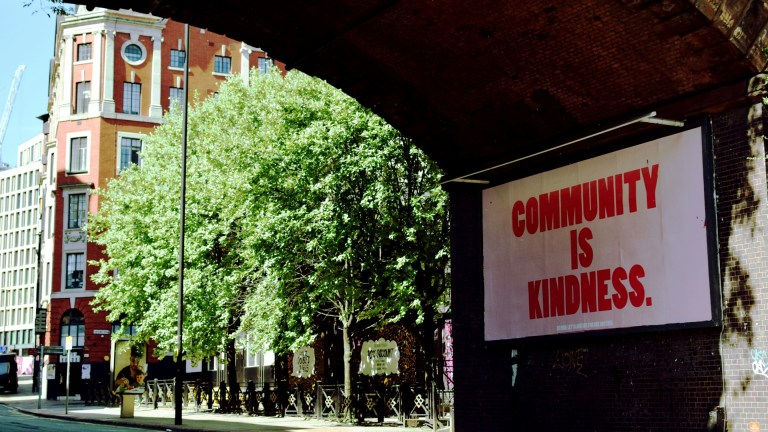This week the Illegal Migration Bill is back in the House of Lords. If passed, the legislation will deny protection to many deserving people and land another blow to Britain’s reputation as a compassionate country.
The scenes of death and devastation in Sudan are just the latest reminder of the people at the heart of this bill. As that conflict deepens, thousands of men, women and children are fleeing for their lives. Most of these people will go to safer parts of Sudan, or seek safety in neighbouring countries.
My International Rescue Committee colleagues have reported 30,000 people crossing the border to Chad, and 50,000 people into South Sudan. But a small number will look to Britain for safety, likely because they have family here or an ability to speak English. If they do look to Britain, there is currently no safe way for them to come here.
The government argues that it wants to stop the people smugglers and in turn stop the small boat crossings. It says it has tried ‘every other way’ and that hasn’t worked. But this is simply not true. There are many compassionate, viable and effective alternatives to the course that the government is taking with this bill.
First, rather than punishing people for how they arrived, the government must uphold the fundamental right to asylum. Despite the name of this legislation, the mode of entry or passage through other countries to reach the UK does not undermine people’s right to make an asylum claim. UNHCR has stated that the bill would amount to an asylum ban, in contravention of these established rights. Instead, the UK government should be strengthening the asylum system to ensure that all claims are heard fairly, decisions are made quickly, and the people at the heart of the system can move on with their lives – whether in the UK if their claim is successful, or elsewhere if it is not.
Second, if we want fewer people to take dangerous journeys in search of safety in the UK, the best solution is to expand safe routes. Resettlement schemes, humanitarian visas, and family reunion schemes all offer regular routes to protection for vulnerable individuals. Government ministers have claimed that if Britain were to offer safe routes, the 100 million people estimated to be displaced around the world would come to the UK. In fact, 60 million of those people are displaced inside their own country, and the vast majority of those who leave and become refugees stay in neighbouring countries, often themselves low- or middle-income.










